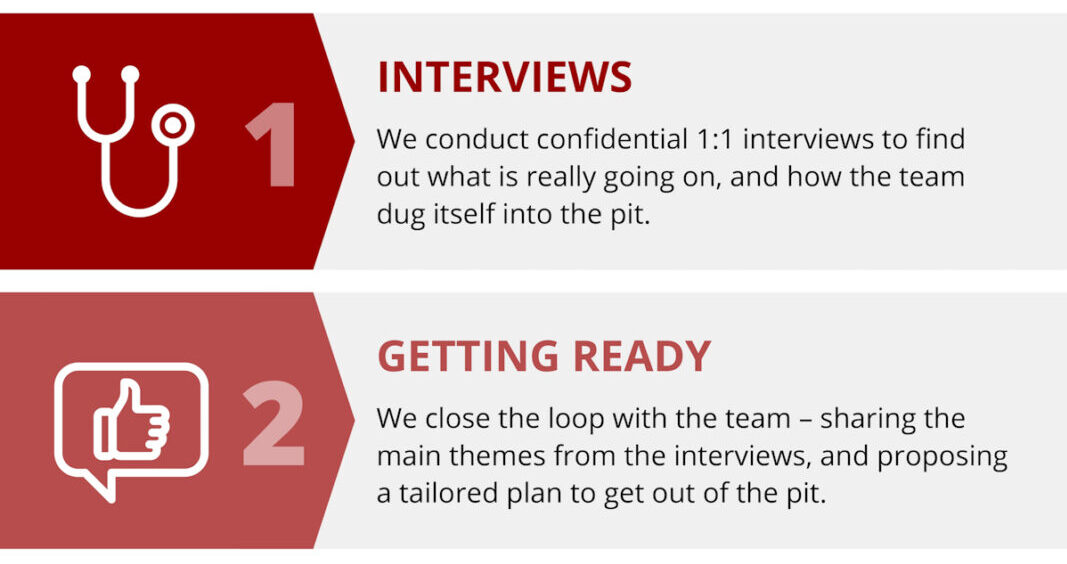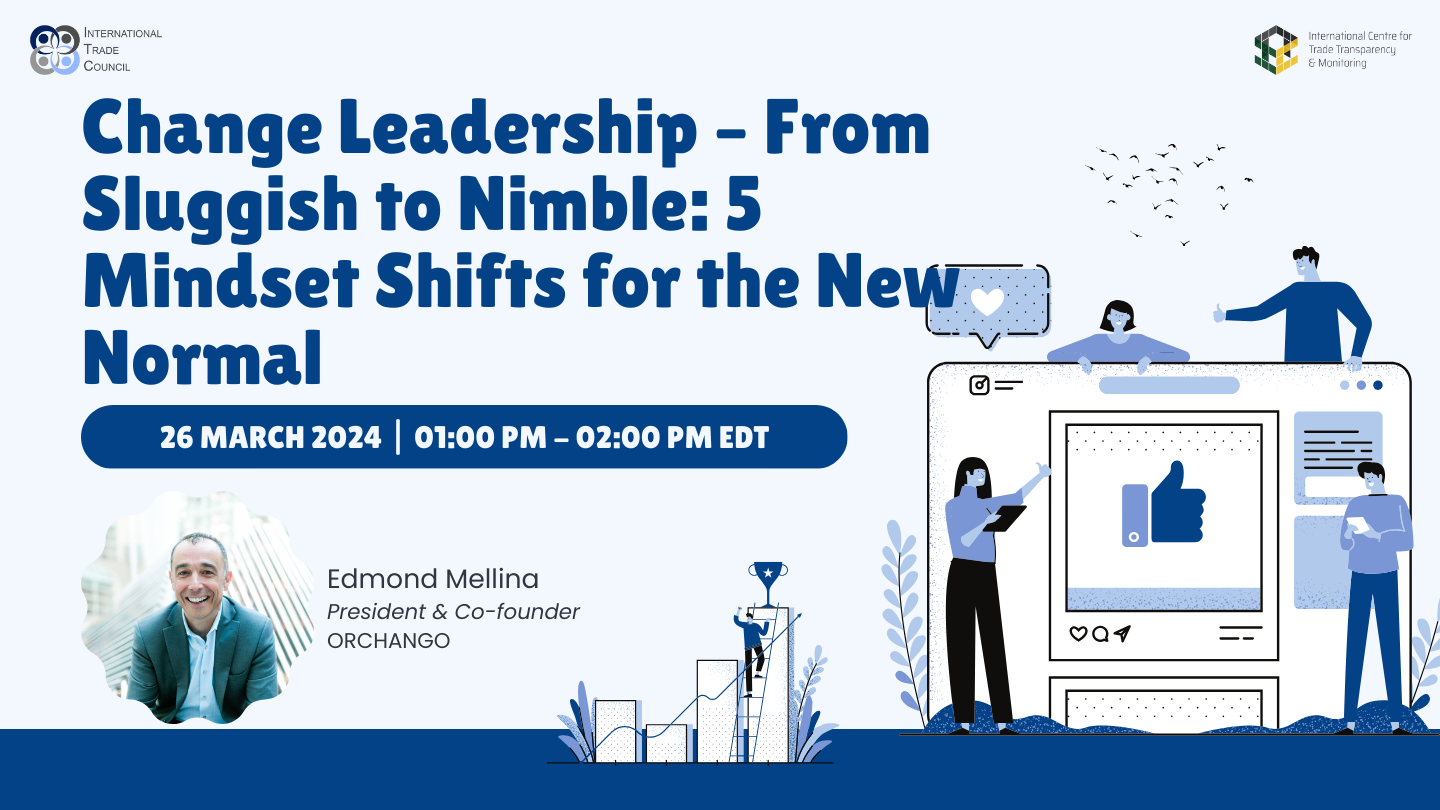How do you transform the dynamics of a team (leadership or otherwise) from dysfunctional to…
Ready to operate like the movie business?

A discussion with one of the authors of upcoming book “Lead the Work: Navigating a World Beyond Employment” got me to realize two things: we are at the front-end of a major transformation; and organizations will increasingly operate like the movie business. Are we ready for that?
Article written for the blog of HR People & Strategy (USA) – the executive arm of SHRM, the world’s largest HR membership organization.
——————
Some lunch discussions get you to really think. It was the case yesterday, despite the mugginess of the summer day here in Toronto. Along with three other members of the Strategic Capability Network – the Canadian affiliate of HRPS – I headed to a quiet restaurant for a lively discussion with David Creelman. A locally based researcher, Creelman has co-authored with John Boudreau (University of Southern California) and Ravin Jesuthasan (Towers Watson) a new book titled “Lead the Work: Navigating a World Beyond Employment” (Willey/Jossey-Bass August 2015; link at the bottom).
Creelman explained as follow the premise of the book: “Leaders have traditionally got work done by leading their employees. Now they can get work done via free agents, outsourcers, alliances, ‘talent platforms’ or, of course, employees. This new world, where work and talent can freely flow in and out of the organization forces us to rethink what an organization is.”
The transformation is already underway – and it has competitive implications.
Talent platforms and movie business
For example, Creelman talked about Tongal – a “talent platform” in the creative field with just 60 employees but a wide network of freelance creative talents and, as importantly, a system for organizing the work. As Creelman and his co-authors noted in a HBR article last fall (link at the bottom): “Unlike ad agencies, Tongal doesn’t employ any of the creative talent they use to make ads. Instead, Tongal’s talent platform connects advertisers with free agents who make ads. Established advertising agencies are not laughing when they see blue chip clients like Nestle, Lenovo and Ford send work to Tongal”.
The discussion got me to think that the movie business has been operating for quite a while already in this new world, at least partially.
A movie production company is often run by just a handful of executives, with the support of a micro staff. When producing a movie, they draw on a pool of talented freelancers as needed. I witnessed the flexibility and power of their operating model a few weeks ago, when British comedian-director-producer Ricky Gervais was in our neighborhood. He and his crew were busy shooting scenes for his upcoming movie. Two friends of mine, who are both freelancers, were actually working on the set. One is a construction manager specializing in movie sets. He was the first to get a call from Gervais’ people. He brought some of his best construction freelancers with him to the project. Gervais’ team asked him if he could recommend other leaders. He connected them to our mutual friend, who works on movie productions as head of sound department. In turn, they recommended other leaders that they respect professionally and with whom they like to work. A couple of these folks got hired by Gervais. Everyone was happy and working hard.
The movie business is also familiar with the concept of executing through alliances – for example Pixar and Disney for Toy Story 1 and 2.
Most likely given the trends that Boudreau, Jesuthasan and Creelman researched, most organizations will increasingly operate like the movie business. Are we ready for that?
Questions to explore
I can’t wait to check the book to think further about the implications for leaders and organizations (at the time of writing, the publication date is still a few weeks away). The questions I want to explore include:
- What type of leaders will succeed in the new world?
- How will leadership development and, more generally, talent development evolve? [the three co-authors provided some pointers in another HBR article; link at the bottom]
- What will happen to corporate culture and brand when organizations operate beyond set boundaries?
- At a more personal level: How can we prepare our kids or grandkids for the career challenges of this new world of work?
- Last but not least: How long will the transformation take?
I actually asked this last question to Creelman during our lunch. His answer was interesting – as was my yo-yo reaction to it.
Are we like the bookstores in 1994?
He predicted that the evolution will unfold over a few decades. I thought: “Ok, we have time”; and my sense of urgency disappeared instantly. But this relaxed feeling was short-lived. Creelman pointed out that some organizations are already operating in the new world. He continued by drawing a parallel with e-commerce and Amazon.com – and that got me worried again!
When Jeff Bezos founded Amazon in 1994, the e-commerce trend was relatively new. It has been strengthening ever since and will continue to do so in the decades to come (Tongal and the other “talent platforms” are new examples of the continuing e-commerce evolution). But as Creelman noted, if you were running a bookstore back in the mid-to-late 90’s, well, for you the implications of the e-commerce trend were “right now”!!
My take is that the competitive nature of our respective sectors will drive the pace of change. Once a competitor has found a way to do significant work cheaper, faster and better by embracing the new model, it will force other players in that sector into catch-up mode.
Two basic choices for leaders
As leaders, we have two basic choices: start adapting now; or wait to see what others in our field will be doing – and hope we won’t become the next “bookstores”. If the latter prospect makes you uncomfortable, read the two HBR articles linked below; you might also want to grab a copy of the book when it hits the shelves.
HBR article about Tongal: https://hbr.org/2014/11/tongal-elance-and-topcoder-will-change-how-you-compete
HBR article about talent development in the new word: https://hbr.org/2015/01/the-case-for-lending-out-your-star-performers
Book overview: http://ca.wiley.com/WileyCDA/WileyTitle/productCd-1119040043.html
Copyright © 2015 by ORCHANGO. All rights reserved. | Photo credit: ©Flickr.com/davidd
ABOUT HRPS
HR People & Strategy (HRPS) is a strategically focused, ground-breaking network of influential HR executives and innovative HRM professionals representing the world’s most prominent organizations. HRPS is regarded by many as the premier professional organization focused on the intersection of people and strategy. HRPS is affiliated with the Society for Human Resource Management (SHRM), the world’s largest HR association. www.hrps.org.




This Post Has 0 Comments